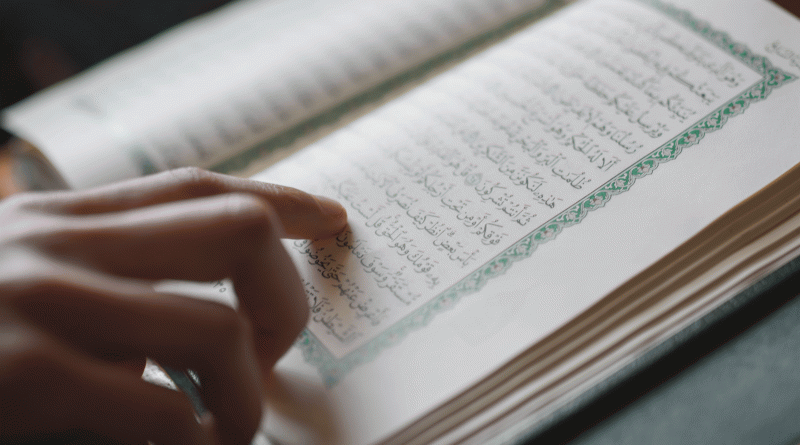Doctrines of Shi’a Islam
Throughout the history of Islam, Muslims, in spite of their differences, have had a lot of agreement, not only in many principles of Islam, but also in many of its practices. The Qur’an and the great personality of the Prophet on the one hand, and the sincere love and devotion of all Muslims towards them on the other, have unified Muslims and made out of them a real nation that has its own identity, heritage, aims, objectives and destiny. The Qur’anic and prophetic call for unity and brotherhood has always been echoed by great leading Islamic personalities of different schools of Islam.
With respect to beliefs, all Muslims share the belief in God and His unity, the prophets in general and the mission of the Prophet Muhammad in particular, the Resurrection, and the just and equal treatment of everybody on the Day of Judgement. These are the most fundamental principles of Islam which are agreed upon by all Muslims. Shia are Muslims, like the Sunnis respecting the central dogma of the oneness of God, the same sacred writing (the Koran), the same Prophet Mohammad, the same belief in the resurrection followed by the last Judgement and the same fundamental obligations, prayer, fasting, pilgrimage, almsgiving, and jihād (holy war). These common points are more important than the differences: there is no longer any theoretical objection to a Shi‘ite performing his prayers with a Sunni, or vice versa although many difficulties have existed in the past and in practice still remain.



